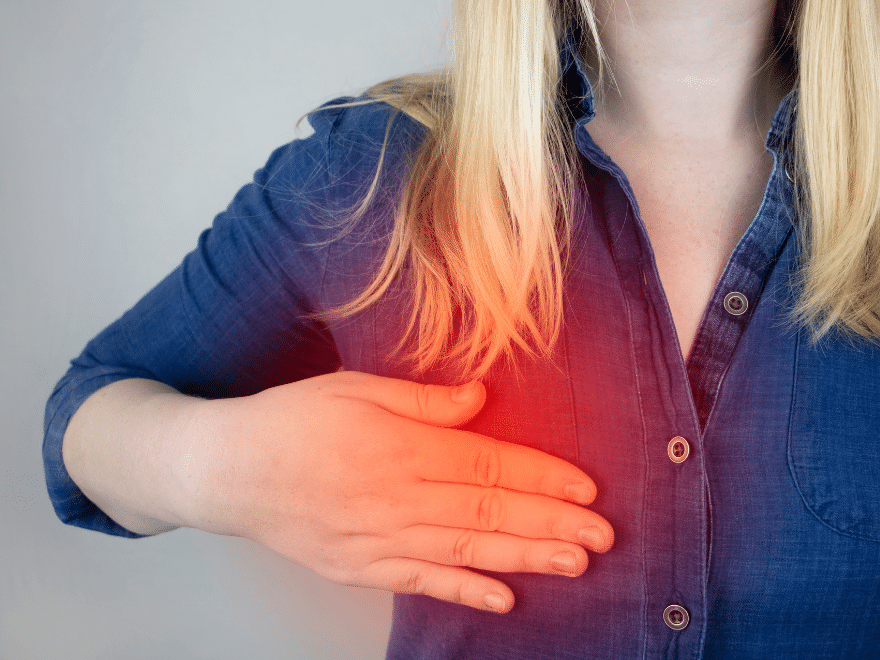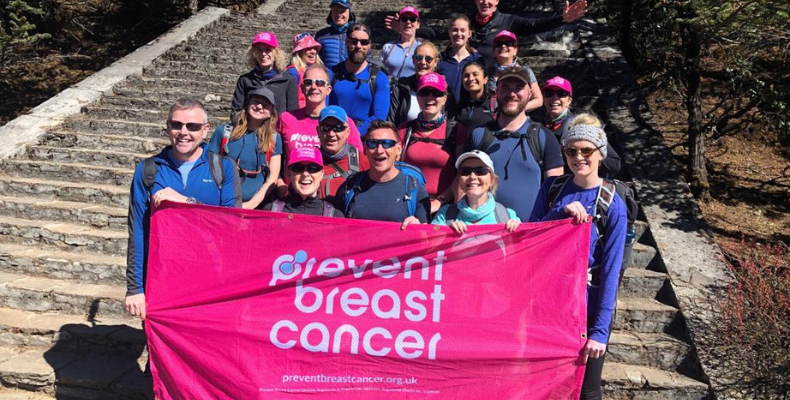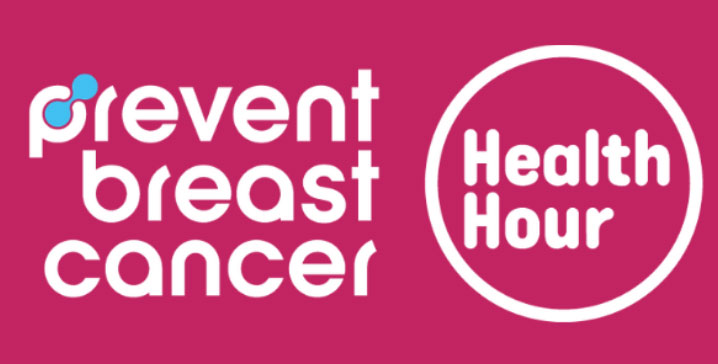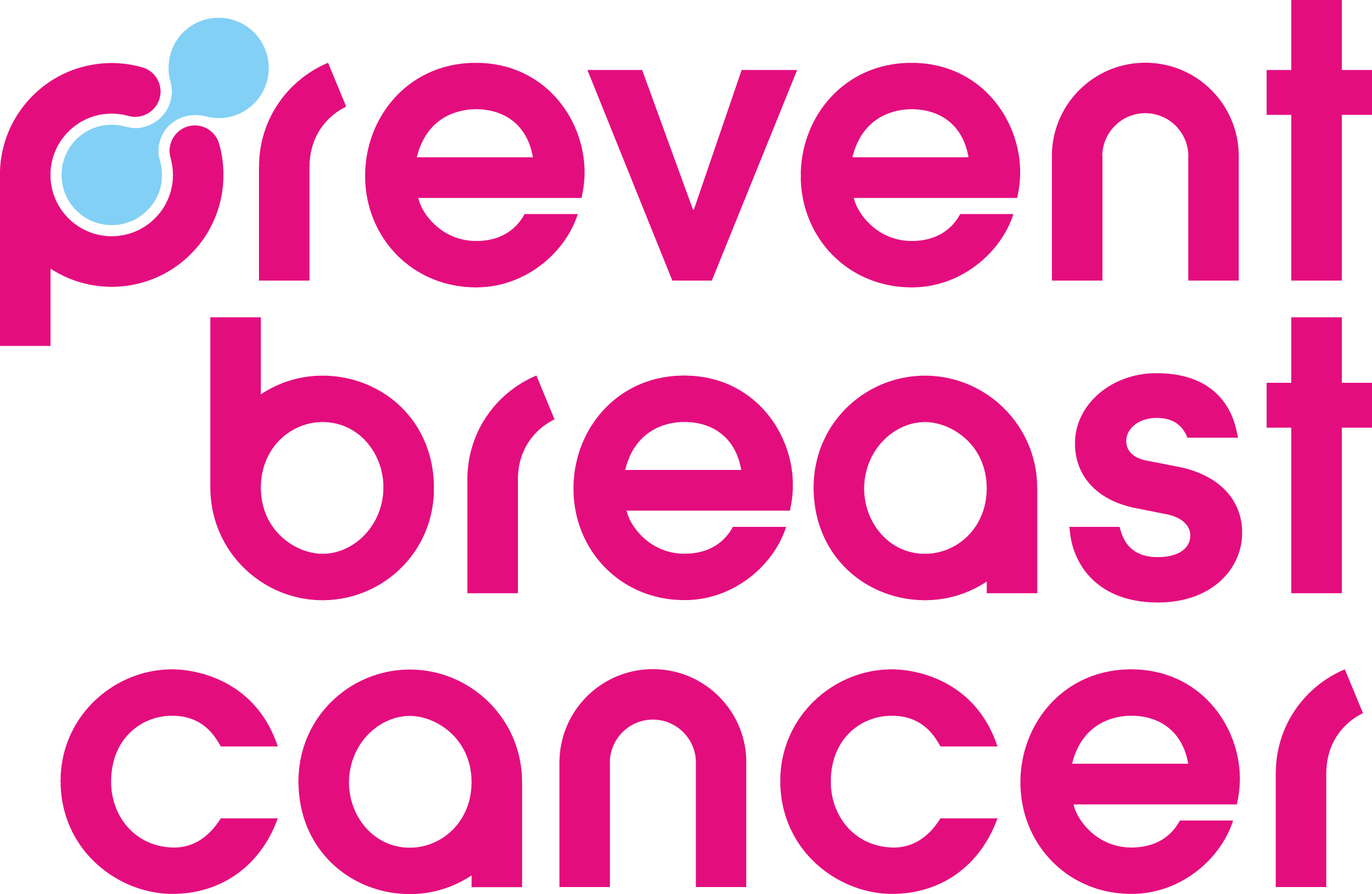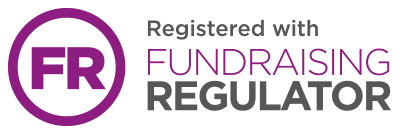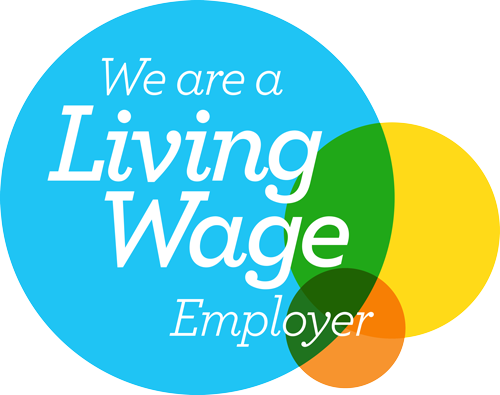Sarah Harding, former singer of the group Girls Aloud, recently shared details surrounding her devastating breast cancer diagnosis aged 39 with The Times. Sarah disclosed that she had a painful lump prior to seeing a GP, which later revealed she had breast cancer.
Sarah’s story not only raised vital awareness of breast cancer, but also raised questions over breast pain and it’s relationship with breast cancer.
This is a question that is asked a lot, so we reached out to breast surgeon James Harvey for his thoughts. It probably won’t surprise you that there is a short answer and a long answer.
Short answer
The short answer is No. Breast pain is not a worrying symptom and is very rarely a symptom of a breast cancer.
Unfortunately, breast pain is very common, as is breast cancer, so many women can experience the two together, even though they are not directly linked. But as with many things in medicine, it’s not quite as straightforward as that. Which brings us to the long answer.
Long answer
Large studies have been undertaken to look at all women who attend breast clinics, the symptoms the patient came in with, and their final diagnosis. If we look at massive studies with tens of thousands of women, then there are only two presenting indicators that mean that you as a patient have an increased risk of being diagnosed with a breast cancer.
Firstly, women who find a lump have an increased risk of being diagnosed with a cancer in the clinic. Having a lump increases your risk of being diagnosed with breast cancer by three times more than a woman who comes to the clinic who does not complain of a lump.
Secondly, simply having a breast screening increases your chances of being diagnosed with a breast cancer. This is because about 1 in 100 women will have a cancer detected on a breast screen. The earlier that breast cancer is diagnosed, the better the outcome for the patient.
In these studies, breast pain did not increase the risk of being diagnosed with breast cancer. So, it is pretty clear that breast pain alone, doesn’t put you at risk of being diagnosed with a breast cancer.
But let’s look at it a different way…
Can women with breast pain be diagnosed with a breast cancer?
Yes they can. But they are no more likely to be diagnosed than if they had a breast screening or just came for a check-up. About 50% of the women who come to a breast clinic have breast pain, most of these women will have some form of examination and scan/mammogram. So, a proportion of these women will be diagnosed with a breast cancer as they are essentially having a breast screening.
Most of the cancers found will be incidental, which means they are found in a separate part of the breast to where the pain is, or in the other breast. Very occasionally a cancerous lump can be painful, but these are rare occurrences. Therefore, if half the women coming to clinic have breast pain, and 1 in 100 of these then are diagnosed with a breast cancer, this means there are a lot of women with the experience of having had a breast pain and then being diagnosed with a cancer. These are clearly true experiences; these women did have a breast pain and were diagnosed with a cancer.
In summary, breast pain is not a worrying symptom and is very rarely a symptom of a cancer. Breast pain is very common, as is breast cancer, so many women can experience the two together even though they are not directly linked.
Should I visit the GP?
It is normal to experience breast pain, and for it to be persistent for weeks or months on end. If the pain continues for longer than six weeks or you are concerned about the pain, then you should contact your GP for an assessment or an examination.
Screening and breast awareness
Breast screening is a breast health check, which is an x-ray type test of your breasts that can spot cancers at an early stage when they’re too small to see or feel. Breast screening is offered to all women in the UK between the ages of 50 and 70. It’s really important that you look out for your invite and attend your screening.
The earlier breast cancer is found, the better the chance of beating it. Therefore, it is vitally important that you regularly check your breasts, work out what is ‘normal’ for you and keep an eye out for any signs and symptoms of breast cancer. If you notice anything unusual, the first step is to visit your GP.
Find out what the signs and symptoms of breast cancer are and how to check yourself.
Support us
Breast cancer is a devastating disease, which is why we’re committed to freeing the world of it altogether. If you’d like to support the vital work that we do, there are a number of ways you can help, such as donating or fundraising. Together, we will prevent breast cancer for our future generations.
About Prevent Breast Cancer
Prevent Breast Cancer is the only UK charity entirely dedicated to the prediction and prevention of breast cancer – we’re committed to freeing the world from the disease altogether. Unlike many cancer charities, we’re focused on preventing, rather than curing. Promoting early diagnosis, screening and lifestyle changes, we believe we can stop the problem before it starts. And being situated at the only breast cancer prevention centre in the UK, we’re right at the front-line in the fight against the disease. Join us today and help us create a future free from breast cancer. If you have any questions or concerns, email us today.
About Prevent Breast Cancer
Prevent Breast Cancer is the only UK charity entirely dedicated to the prediction and prevention of breast cancer – we’re committed to freeing the world from the disease altogether. Unlike many cancer charities, we’re focused on preventing, rather than curing. Promoting early diagnosis, screening and lifestyle changes, we believe we can stop the problem before it starts. And being situated at the only breast cancer prevention centre in the UK, we’re right at the front-line in the fight against the disease. Join us today and help us create a future free from breast cancer. If you have any questions or concerns, email us today.
